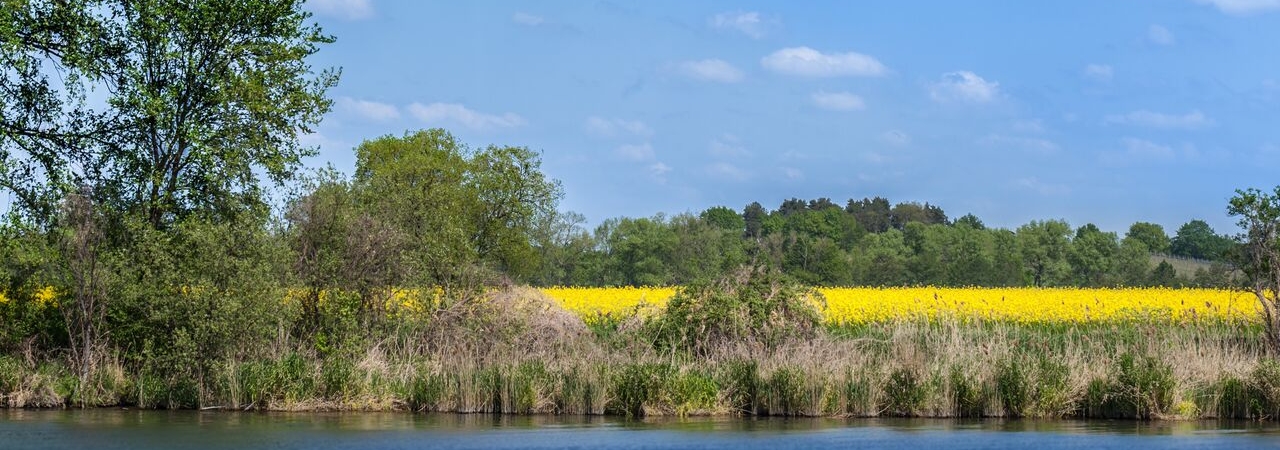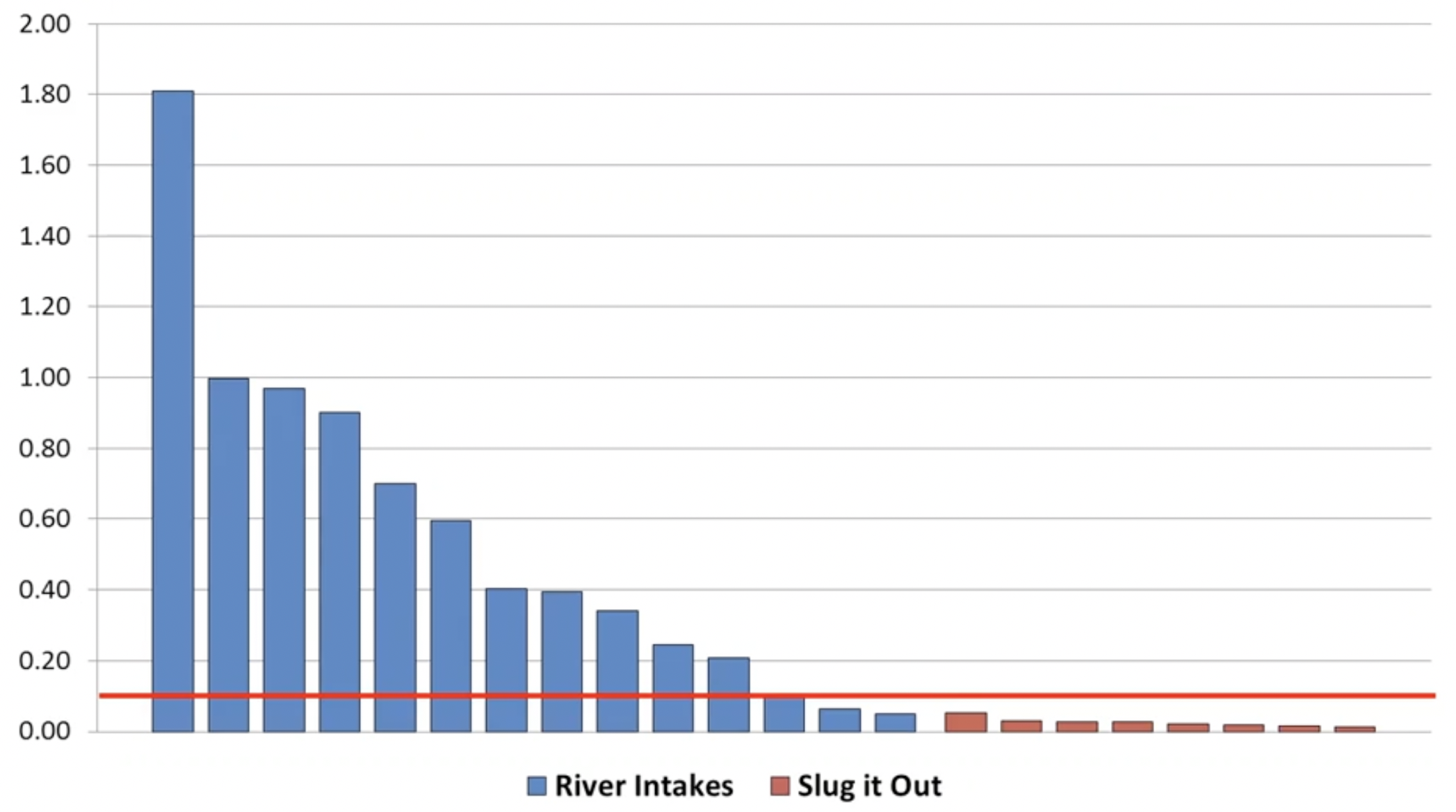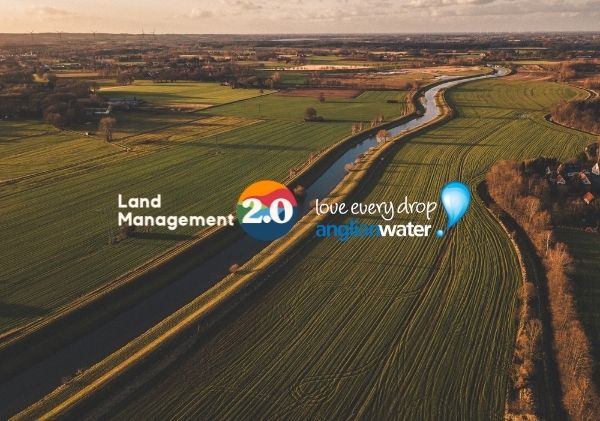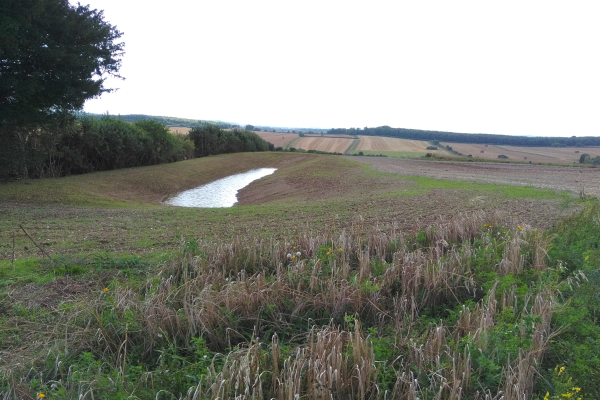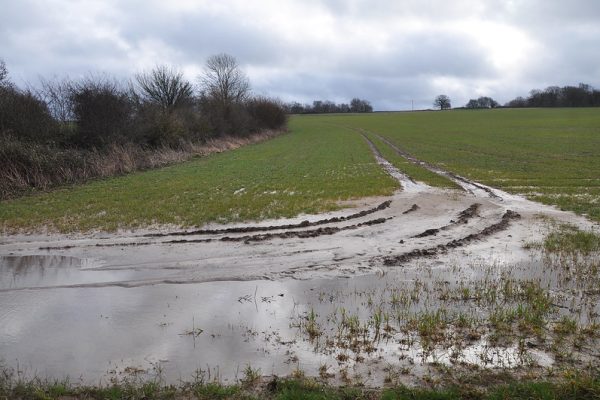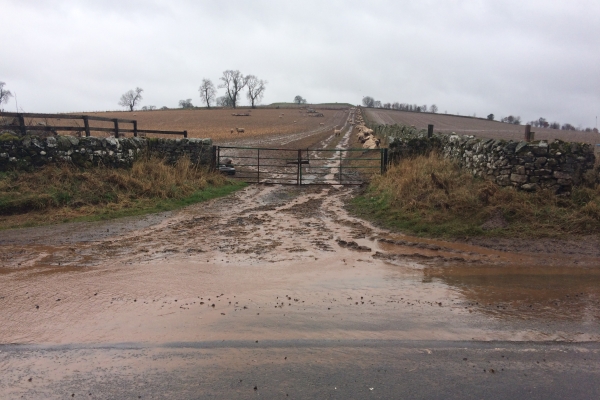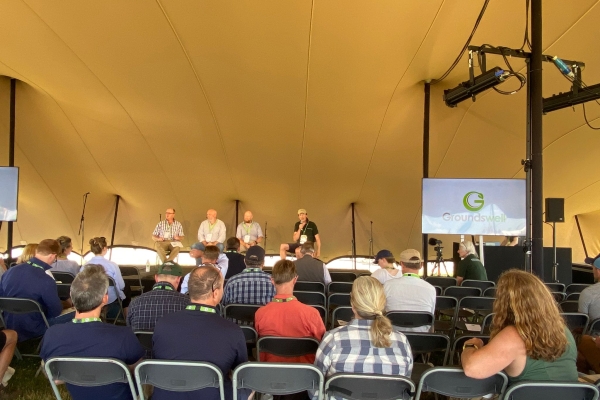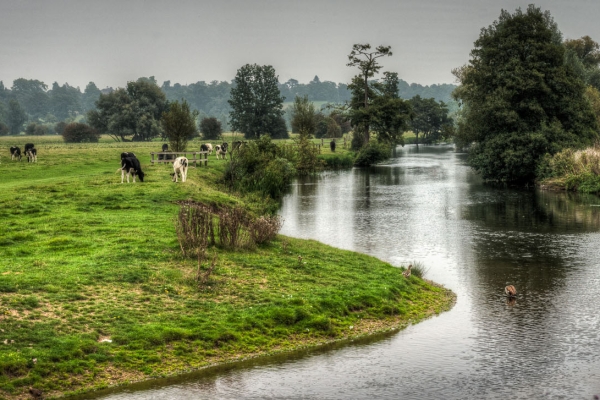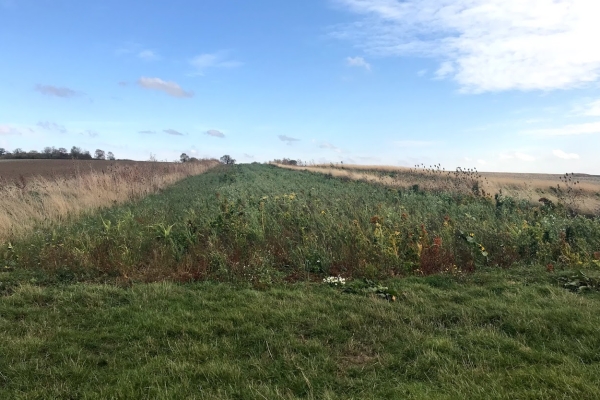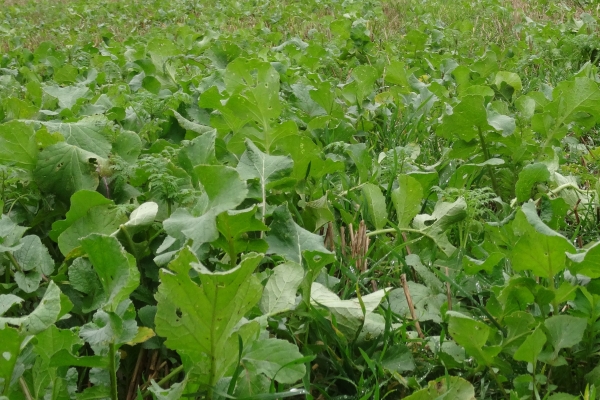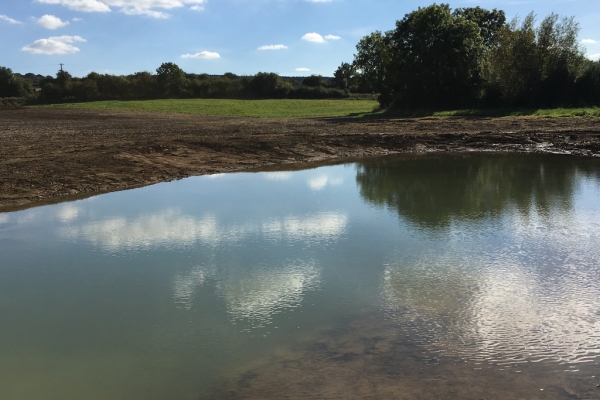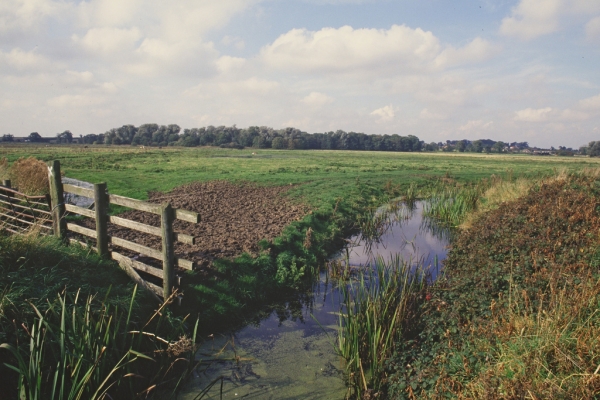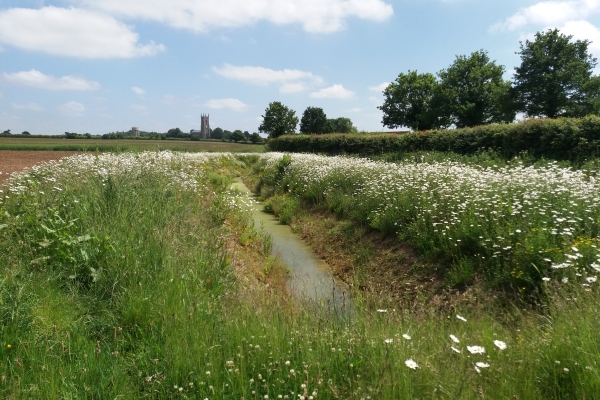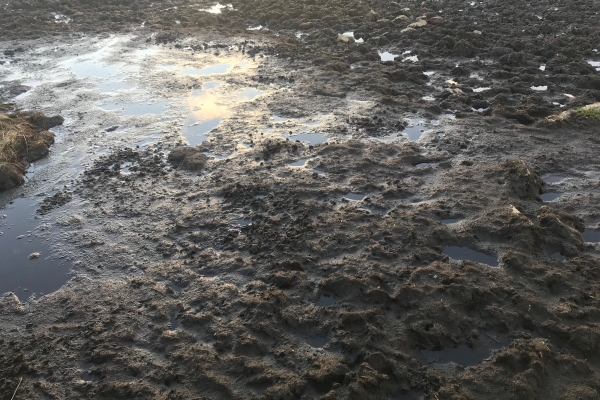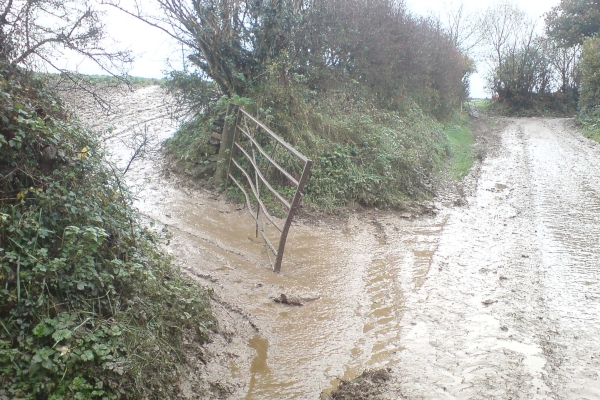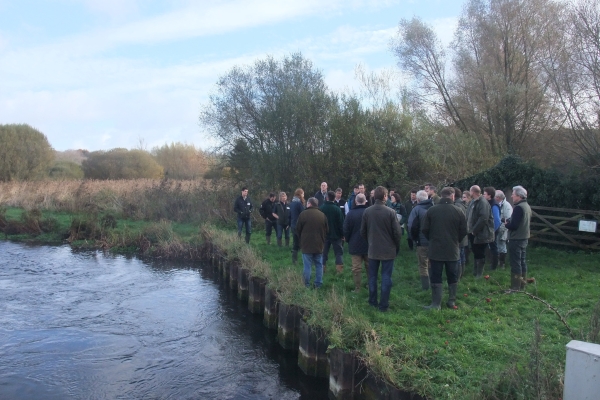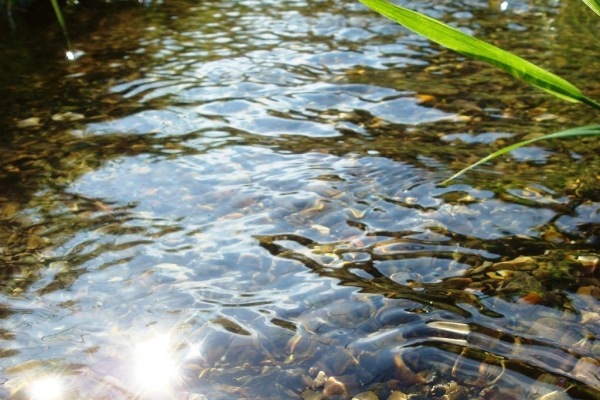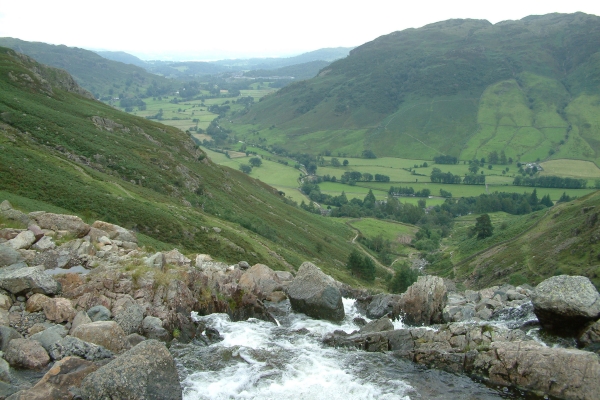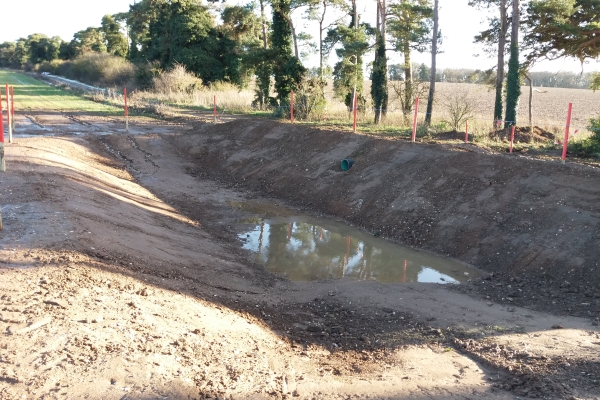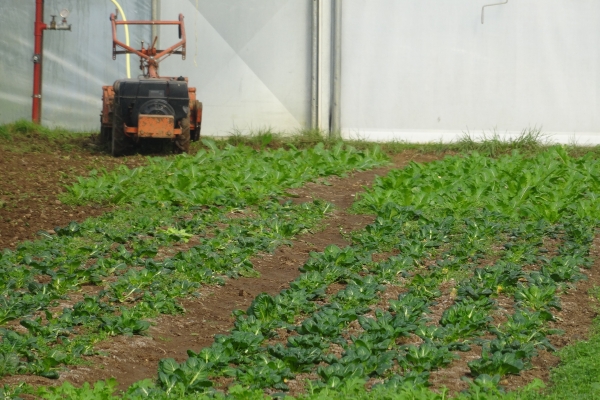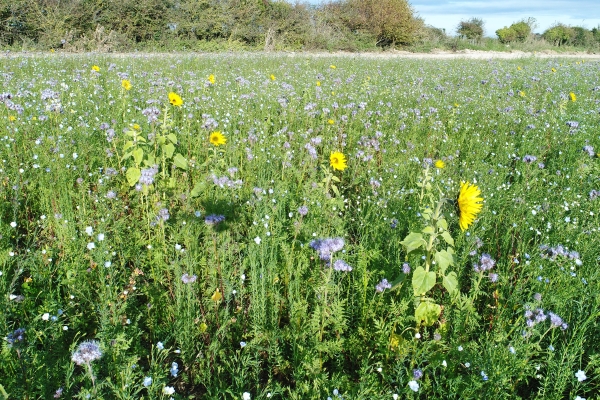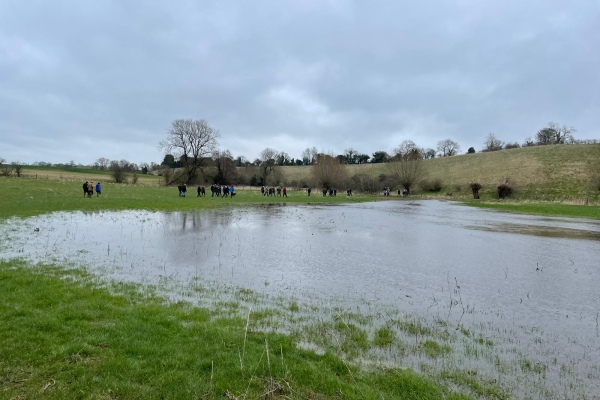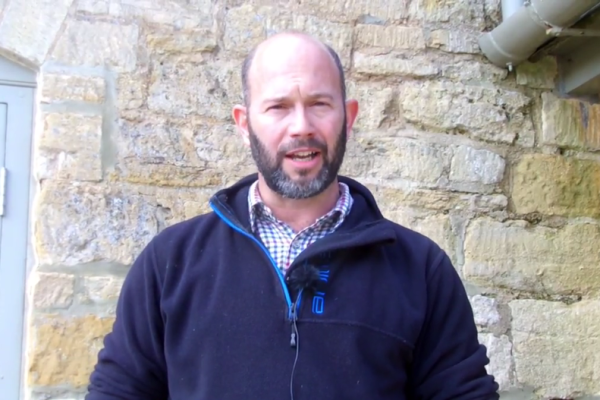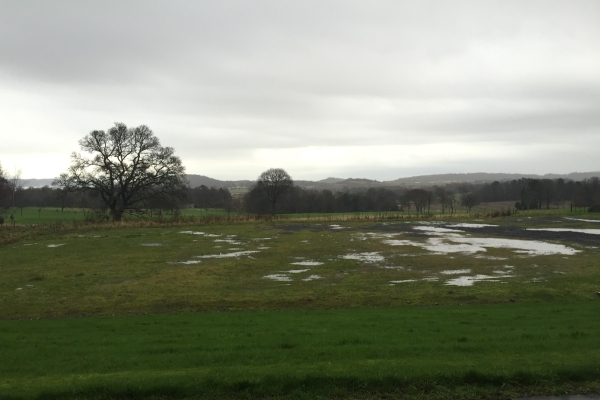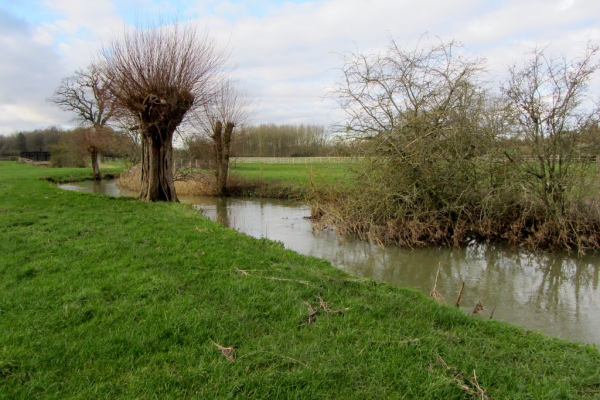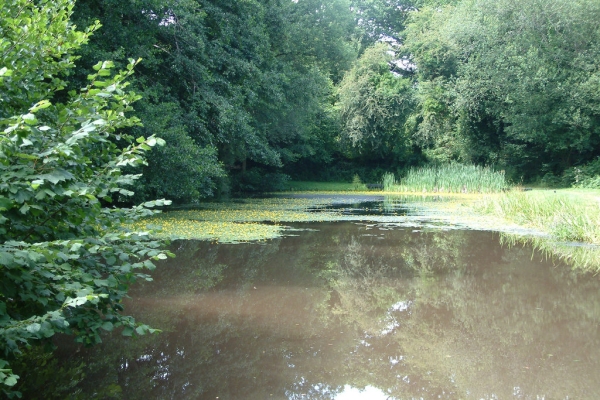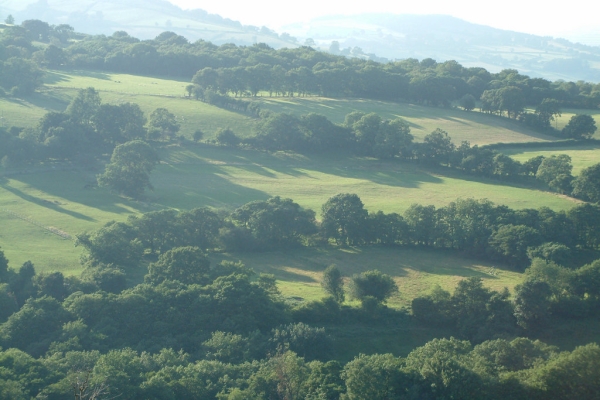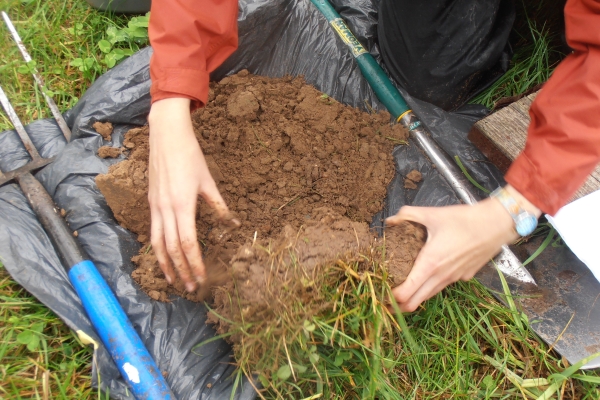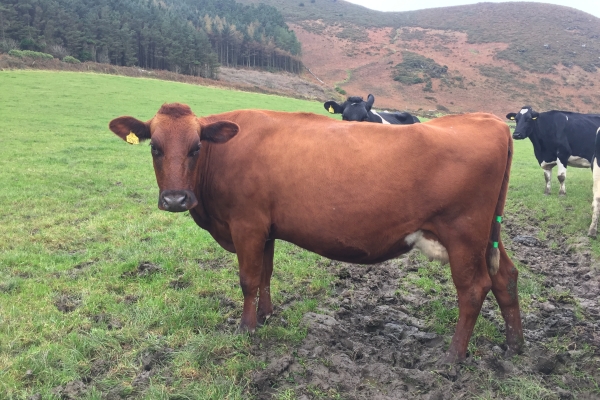Water companies and farmers: the dream team?
You are probably familiar with the headline that no waterbody in England is free of pollution. Who is to blame?
When under the inspection of an environmental regulator, water companies and farmers can often point to each other accusingly. One side can paint a picture of a farmer haphazardly firing tonnes of fertiliser onto their prized crop, the other of a frowning businessman ordering the release of vast tonnes of sewage overflow into the precious water-course, at the expense of all life in it.
But, with so many shared priorities for the landscape, there is cause for these two parties to work collaboratively to support one another in reaching their respective objectives and improving water quality as a result. An ongoing knowledge exchange project in the East of England is demonstrating how this can be done.
Anglian Water is one of the few water companies with a team of agriculturally trained catchment advisors on their staff register. These advisors speak to, and work directly with, farmers. They advise them on methods to reduce their use of inputs; offering support, incentives and alternative technologies to encourage on-the-ground change. The impact of their work is evidenced by the below graph. All catchments which have engaged with Anglian Water advisors through their Slug it Out programme recorded safe levels of metaldehyde in local waterways. The majority of catchments which did not take part in the programme recorded levels which exceeded regulations.
Now, this evidence shows the strength of Anglian Water’s approach, but what about those other catchments with far from desirable levels of pollutants? Recognising that their catchment advisors could only speak to so many farmers at any one time, Anglian Water approached Land Management 2.0 (LM2.0) with an idea: ‘what if we take our advisory services online?’
Happy to be recognised for our expertise in this area (goes hand in hand with our humble nature) we worked with Anglian Water to devise a knowledge exchange programme for 2021/22. We wanted it to highlight the win-wins of farming more sustainably. Afterall, each gram of fertiliser which leaches off a farmer’s field is lost money to that farmer. This is obviously not desirable for either the farmer, or Anglian Water, who ultimately have to remove the chemical from their water supply to meet regulations set by Ofwat. This highlights the opportunity for shared benefits when farmers and water companies work closely together.
LM2.0 has its roots in a 2020 webinar series called Transforming the Future of Land Management. Drawing on our experience with webinars, we suggested a webinar series with targeted messages and content for farmers in the East of England. We enlisted an array of multi-disciplinary experts who collectively showcased how farming in more environmentally sensitive ways makes business sense. These experts highlighted the macro and regional trends and changes which represent opportunities for sustainable changes to farming practice. For example, we had talks from Oliver McEntrye, Head of Agriculture at Barclays; Jake Freestone, Farm Manager at Overbury Farms; and Henry Barringer, Head of Farming at Savills’ Norwich division.
The webinars can be accessed on our YouTube channel, here.
The webinars went well and attracted around 2000 viewers. Not content with sitting on our laurels, we saw both the pros and cons with this approach. Yes, webinars are a good way of generating awareness in a topic, but how many farmers watch a webinar, shut their laptop with glee, leap into their nearest tractor and start planting cover crops as quickly as their seed drill allows them? As rational business owners, most require more nuanced detail before changing their farm management practices.
This is why we started building an online course subsequent to the webinar series. The free course seeks to build on the principles and messages within the webinar series, but offers more practical considerations to creating change at the farm level. Once again, we enlisted a series of agricultural experts to produce lectures within their area of expertise. This includes 4 modules covering:
- How farmers can improve nutrient and water efficiency
- How farmers can evaluate their business and environmental performance and set new objectives
- Identifying new environmental and financial opportunities for your farm business
- A guide to accessing funding and advice
For more details on the course framework, view this leaflet. If you are a farmer in the East of England, you can register your interest in the online course by completing this form.
Anglian Water sees the benefits of supporting farmers with various aspects of business management and recognises that a farmer who is managing their farm more efficiently will reduce the amount of farm pollutants entering waterways. Rather than funding precise outcomes, with measurable results, they are willing to work with farmers to first help them achieve their primary objectives, with follow-on, immeasurable benefits to water quality. This is likely to be significantly more cost efficient than hard engineering outcomes, which cost millions of pounds.
We welcome the approach which Anglian Water employs, developing support mechanisms aimed at helping farmers with managing their farm businesses and, in the process, reducing the levels of water pollution. Going forward, can water companies and farmers be the dream team needed to together tackle water pollution in the UK?
